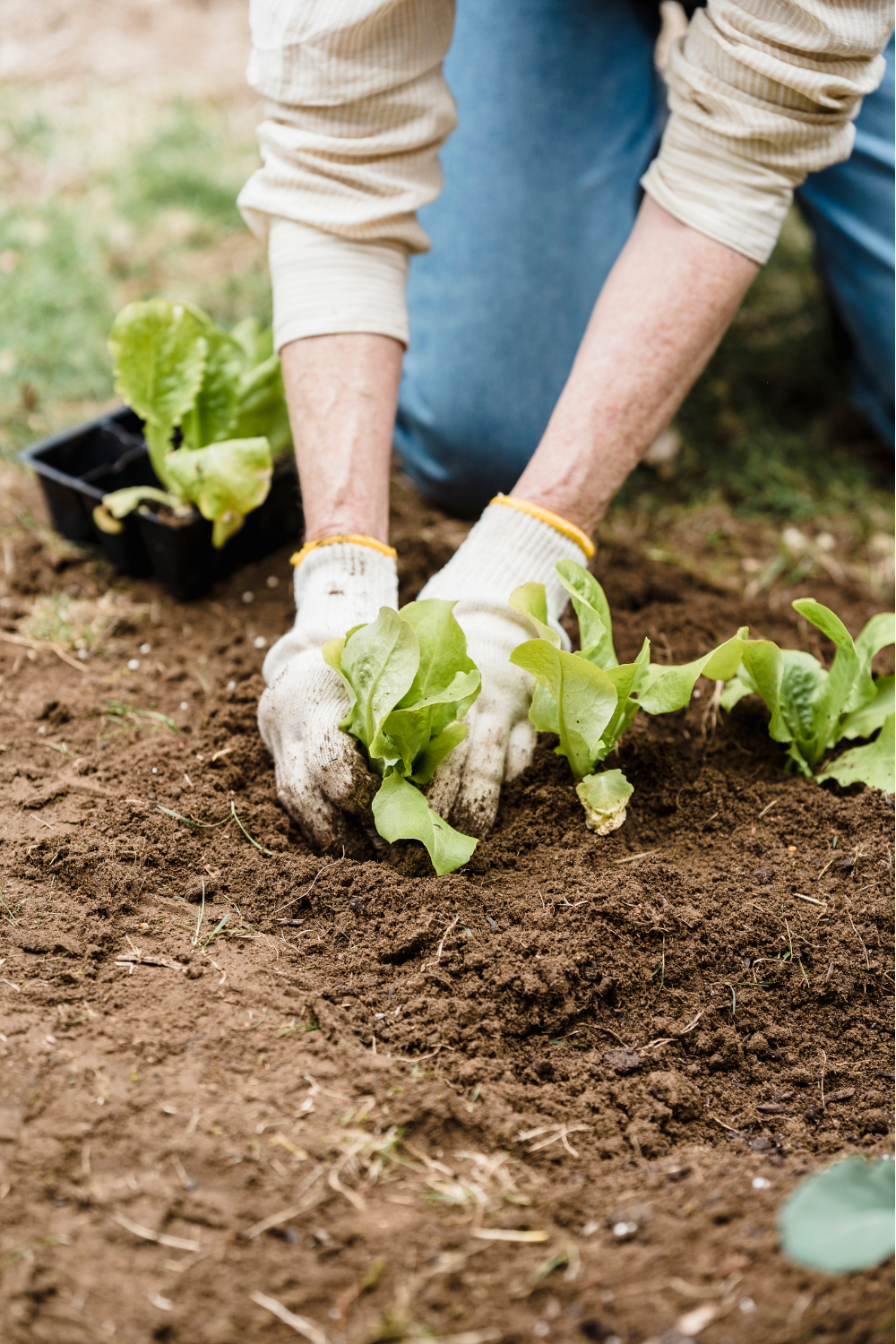
It's been a long hard summer, with lots of rain and severe weather events. We're really starting to feel the effect of global warming.
Sustainability is more important than ever, both for businesses and us all as individuals if we're to make positive changes to help reduce the effects of climate change.
We all need to take small steps in our every day lives to help look after our environment. And we've got some simple tips you can take to help reduce your impact.
1. Start a garden - grow your own produce.
One activity that we've incorporated in to our little whanau's daily life is gardening. We have planted fruit trees and created veggie gardens to help rejuvenate the soil on our land and to provide our family with fresh produce.
Now you don't need to be like us and have a large property to be able to do this. You can start small, grow some herbs in a pot plant on your windowsill or in a sunny corner outside. Lots of fruit trees do exceptionally well in pots, like blueberries and citrus. Lettuce and tomatoes can thrive in containers as well, and they can be grown vertically, meaning you can fit more in a small space.
You can even regrow spring onions if you place the ends in a glass jar, the same with gem lettuce - they'll regrow happily on your windowsill and then can be planted out in your garden to give you free produce.
And you can start out with free resources by learning how to propopagate, you can take cuttings from produce you may already have, or swap with neighbours. It doesn't have to cost a lot to be able to start.
2. Shop local
Reduce food miles and help support local farmers and producers who align with your sustainability values. We are proud to be a local whanau run business and we take our role as Kaitiakitanga (guardianship) seriously. We follow sustainable harvesting practices, while also creating and nurturing native forests.
3. Reduce your use of plastics
This is a really hard one, and it can be easy to feel overwhelmed by this. But just make one small change, like swapping plastic toothbrushes for bamboo ones. Checkout our reel here for more great ideas.
4. Reduce your food waste
Food waste is a huge contributor to greenhouse gases, as it doesn't break down in our landfills. With the cost of living rising, and everyday groceries becoming more expensive, making sure you use what you buy rather than letting it go off helps reduce the impact on your spending and on the environment.
You could learn how to pickle and ferment your vegetables, all chuck them all together in to a veggie soup, or make a green veggie filled pesto. One of our favourite ways to use up all those random bits of green veg at the end of the week is to blitz them up and freeze them in ice cube trays and add them to our morning smoothies for a healthy boost.
Another great way to stop your food from ending up in our landfills is to compost it. There are so many ways to do this, you can literally just dig a hole and put all your food scraps in there and cover it up. You can start a simple worm farm with a bucket with some holes drilled in it, or you can get really fancy and learn how to bokashi compost so you can compost dairy like yoghurt, cheese and milk that you normally can't put in compost, and animal products like meat and bones.
Or ask around your local community, there's always a keen gardener or someone with pigs or chickens that will be happily take your food scraps for their animals.
5. Offset your Carbon with Carbon Credits
We've partnered with a great New Zealand Business called CarbonClick which gives you the ability to offset your purchase with carbon credits. They have projects all over the world and are helping make a real impact with local projects like the Forever Forest in Banks Peninsula.
You can learn more about CarbonClick here.
There are so many simple and fun ways to reduce your impact on the environment, we'd love to know what you're doing and if you have any great ideas you'd love to share, head on over to our socials and connect with us there, or feel free to connect with us via email.
